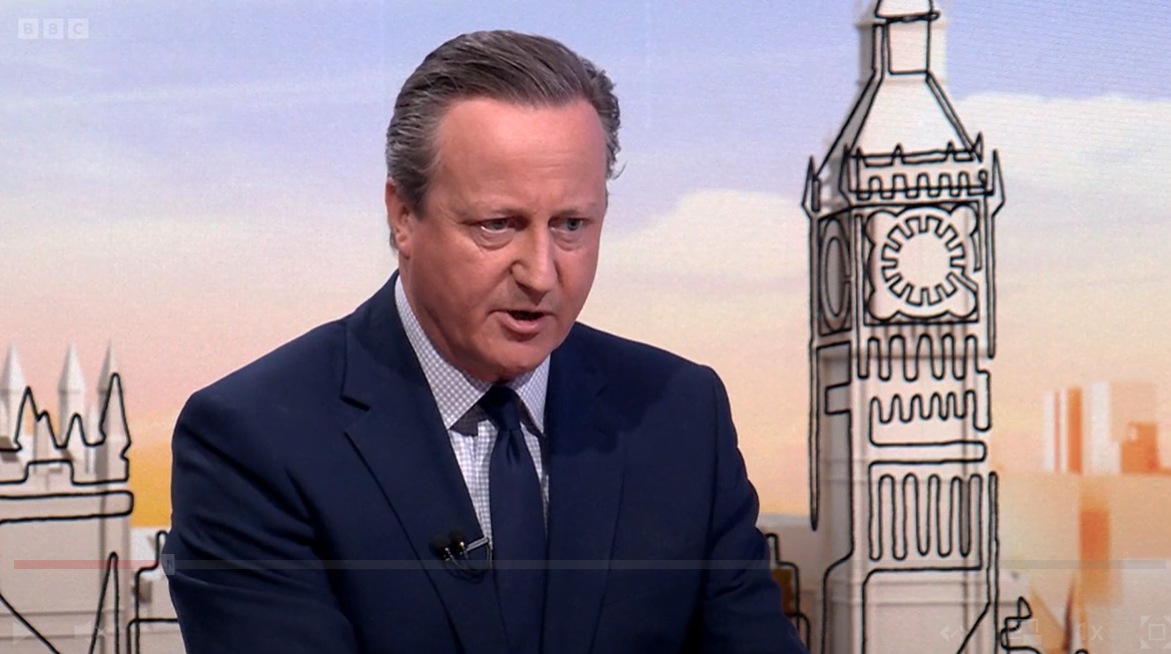In a controversial statement, the UK’s Foreign Secretary, Lord Cameron, articulated a strong stance against adopting US-like restrictions on arms sales to Israel, arguing that such a ban would inadvertently strengthen Hamas. Amid escalating violence in Gaza and international scrutiny over arms sales, the UK faces a complex balancing act between supporting Israel and adhering to international humanitarian laws.
Lord Cameron emphasised that the UK’s contribution to Israel’s arsenal is minimal, yet crucial, and cautioned that a hasty withdrawal of support could jeopardize civilian safety and diplomatic efforts in the region. His comments come in response to the US’s recent decision to halt some arms supplies if Israel proceeds with its planned invasion of Rafah, a decision that has rippled across global diplomatic circles.
Labour’s response, led by Jonathan Ashworth, contrasts sharply with the government’s position. Ashworth and other Labour members have expressed a staunch opposition to UK arms being used in Rafah, emphasizing the moral and legal implications of such actions amidst reports of extensive civilian casualties.
The situation is further complicated by internal UK politics and the ongoing debate about the BBC’s terminology in reporting on Hamas, reflecting broader tensions about media impartiality and the framing of international conflicts.
Ethical and Legal Considerations
The UK’s Strategic Export Licensing Criteria mandate a careful evaluation to ensure that arms sales do not contribute to human rights abuses. Critics, including Labour MP Zarah Sultana, argue that the government is not adhering to these guidelines, accusing it of complicity in war crimes through its arms sales.
This analysis becomes more poignant in light of recent calls for an immediate ceasefire in Gaza by Labour, a shift from its previous stance, which only supported a humanitarian pause. This change reflects the evolving humanitarian crisis in Gaza, where the conflict has reportedly resulted in over 35,000 deaths.
As the UK navigates this diplomatic minefield, the balance between national security interests and ethical responsibilities remains precarious. With the Foreign Secretary focusing on humanitarian aid rather than halting arms sales, the UK’s international role and ethical standing continue to be subjects of intense debate and scrutiny.
Further Reading
- Global Reactions to US Foreign Foreign Policy– Analysis of how different countries’ arms policies towards Israel are viewed on the international stage.
